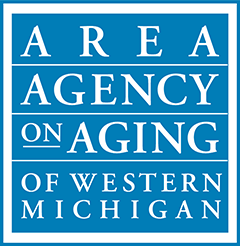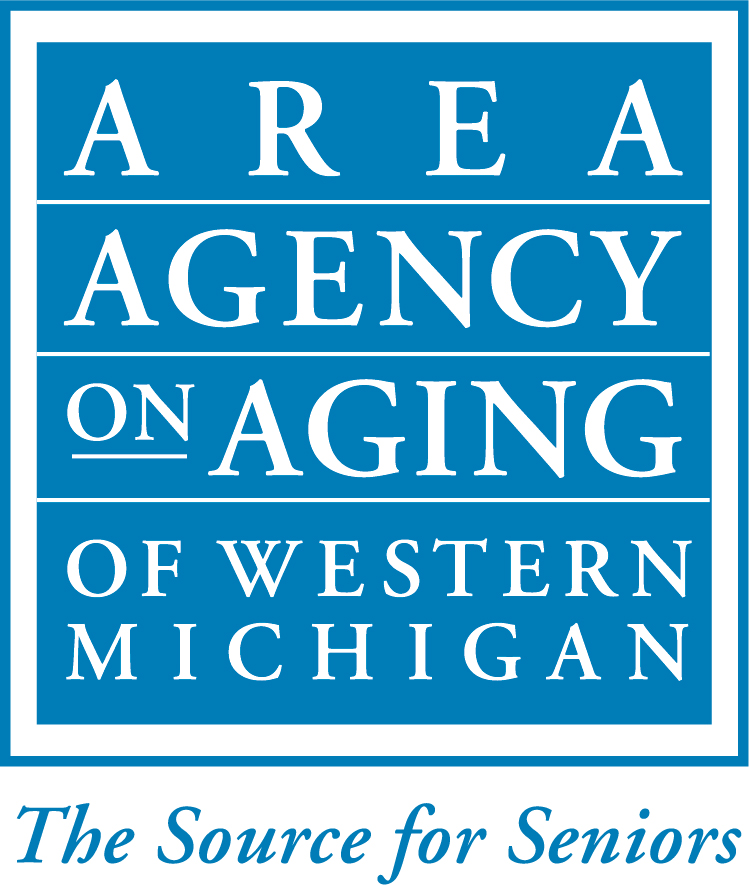Articles
It Starts with a Phone Call…
All about Information and Assistance
Our Information and Assistance Department is an essential senior resource for our nine-county region. We work to connect seniors, family caregivers, and adults with disabilities to resources that help them to live independently. Navigating the vast number of resources that exist to aid older adults is no easy task, which is why we try to streamline this process and lead you through the journey.
Anyone is welcome to call in to ask questions! Whether you are an older adult looking for support to help you remain in your home, a caregiver who recognizes that your loved one could use some help, a caregiver that is nearing burnout, or a concerned neighbor, we have resources to help. Our experts are on hand to listen and understand each caller's unique needs.
The I&A team works to fully understand a person’s unique situation and recommend the best fit of services. They act as a reliable guide, taking care to listen fully to callers, identify specific struggles, and problem-solve for solutions. We recognize that solutions are not “one-size-fits-all.” Everyone ages differently and has varying needs. From that first phone call, we can either provide information on community resources, make a referral to a partner agency, or proceed with a referral to one of our care management programs.
How has our Information and Assistance program changed since coronavirus began? Stephanie Hecksel, Access Manager, takes us through some common questions and explains how our mission remains connecting you to resources and ensuring you continue to receive care.
What are some common questions the Information and Assistance Department is receiving at this time?
At the beginning of the stay-at-home order due to the COVID-19 pandemic, many people were unsure of what resources they would need or how basic needs might be met in such a time of uncertainty. Since AAAWM provides information and assistance for a variety of requests and needs, our calls ranged from requests for meals, access to groceries, routine check-in phone calls, in-home care, as well as other community-based services. Many organizations and agencies adapted to the requirements of the stay-at-home order and adjusted the way that services were provided, and our team was often asked about current resources. As an agency, we worked hard to stay in communication with our partner agencies as well as other organizations to get an understanding of what those changes were and how we could best communicate that during our calls. The state of Michigan also created an online questionnaire for individuals age 60 and up who were looking for food resources and contact calls. Many of these requests came to AAAWM where return calls and connections to other resources were facilitated.
How have client’s needs changed with coronavirus?
Near the beginning of the stay-at-home order, various requests for home-delivered meals and grocery options were made in addition to standard in-home care questions and referrals. Many individuals’ situations changed. Some individuals found a way to ensure their needs were met while limiting how many people would come to their homes. Others relied on in-home services through the community. Others were able to receive support from friends and family members who were previously working prior to the COVID-19 pandemic. No matter the situation, nearly every caller was affected by COVID-19 to some extent and requests for assistance varied based on the ever-evolving situation.
How have social distancing measures impacted the care clients receive?
Because of the encouragement to follow social distancing guidelines and limit interactions with others, many individuals turned to family and friends to provide the support they needed versus caregivers through an agency. Other individuals continued to work successfully with in-home care providers; however, increased safety measures and health screenings were implemented to ensure the safety and well-being of everyone involved. Some services, such as Adult Day Health, were temporarily on hold due to limiting large groups of individuals getting together. For those in AAAWM in-home care programs, including MI Choice Medicaid Waiver, assessments were conducted via telephone versus in-person, which is what occurred prior to COVID-19. All organizations are impacted by social distancing measures and have evaluated what services they are able to deliver yet and how they can continue to be a support to older adults and adults with disabilities while following current orders and ensuring safety, health, and well-being remain the top priority for everyone involved.

